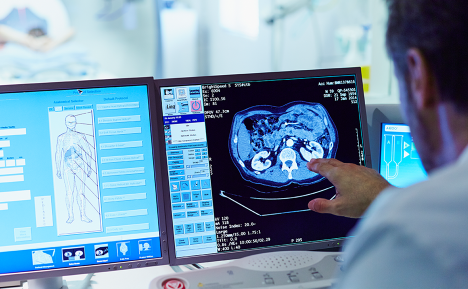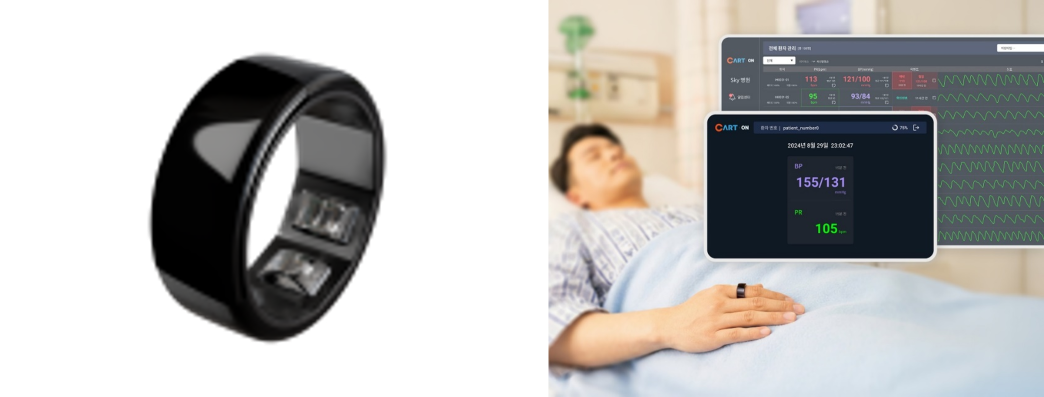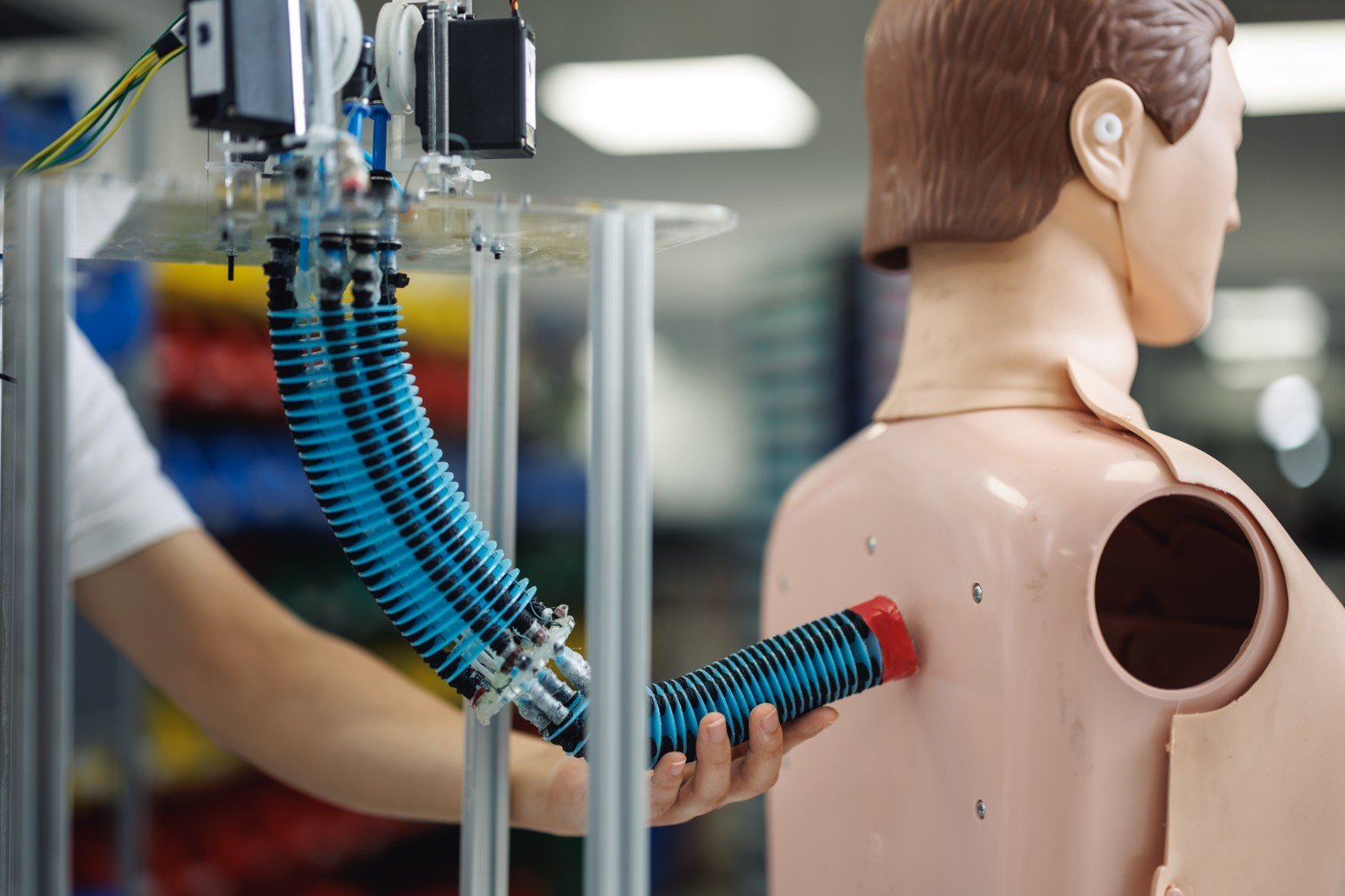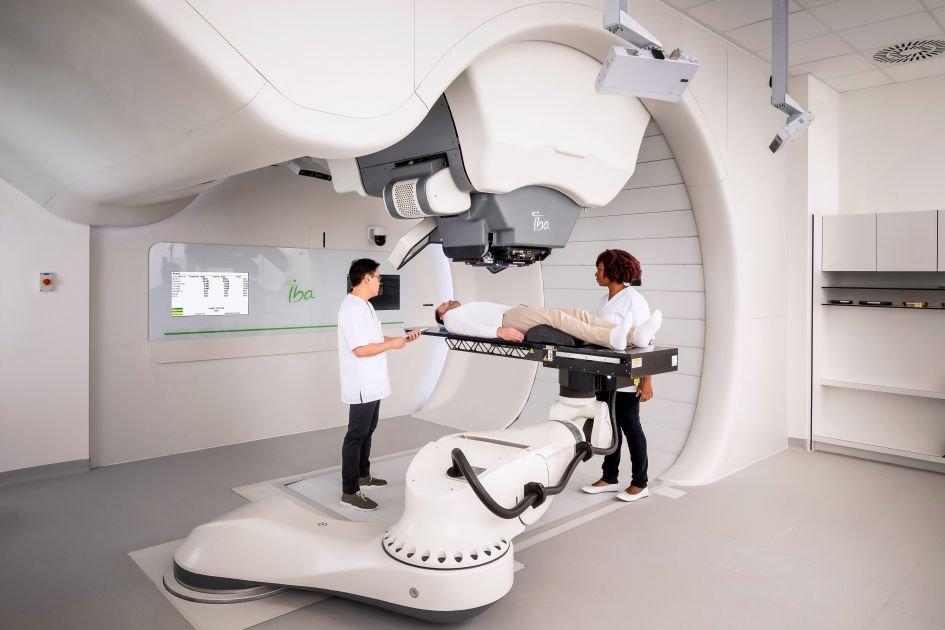QuidelOrtho and BÜHLMANN Laboratories AG have announced a strategic collaboration that brings the BÜHLMANN fCAL® turbo and fPELA® turbo assays to QuidelOrtho’s VITROS™ Systems as MicroTip™ Partnership Assays (MPA). This integration enables clinical laboratories to leverage advanced, non-invasive diagnostics for gastrointestinal and pancreatic health through the powerful, automated VITROS platforms. Both assays are particle-enhanced turbidimetric immunoassays—fCAL® turbo aids in diagnosing inflammatory bowel disease (IBD) and differentiating it from irritable bowel syndrome (IBS), while fPELA® turbo helps detect pancreatic insufficiency. This partnership aligns with the growing demand for high-throughput, cost-effective diagnostics that deliver timely results to improve patient outcomes.
The combined technology offers several operational advantages. Laboratories using the VITROS XT 7600, 5600 Integrated, or 4600 Chemistry Systems can now process fecal calprotectin and pancreatic elastase tests with simplified workflows, reduced turnaround times (less than 10 minutes), and minimal manual handling. The assays are designed with long on-analyzer stability and seamless integration with CALEX® Cap stool preparation devices, allowing for standardized and safe specimen handling. By reducing the need for invasive diagnostic procedures such as colonoscopies or imaging, the integration supports early detection, treatment monitoring, and improved care pathways for patients with chronic gastrointestinal and pancreatic conditions.
Looking ahead, this partnership reinforces both companies’ commitment to precision medicine and preventative care. By expanding access to automated, stool-based diagnostics, the collaboration is expected to play a vital role in addressing broader healthcare challenges such as early intervention, rising gastrointestinal disease prevalence, and laboratory efficiency. The integration of fCAL® and fPELA® turbo assays into the VITROS ecosystem positions QuidelOrtho and BÜHLMANN at the forefront of transforming how fecal biomarkers are used in modern clinical settings—paving the way for wider global adoption, greater diagnostic confidence, and improved patient-centric care.



















